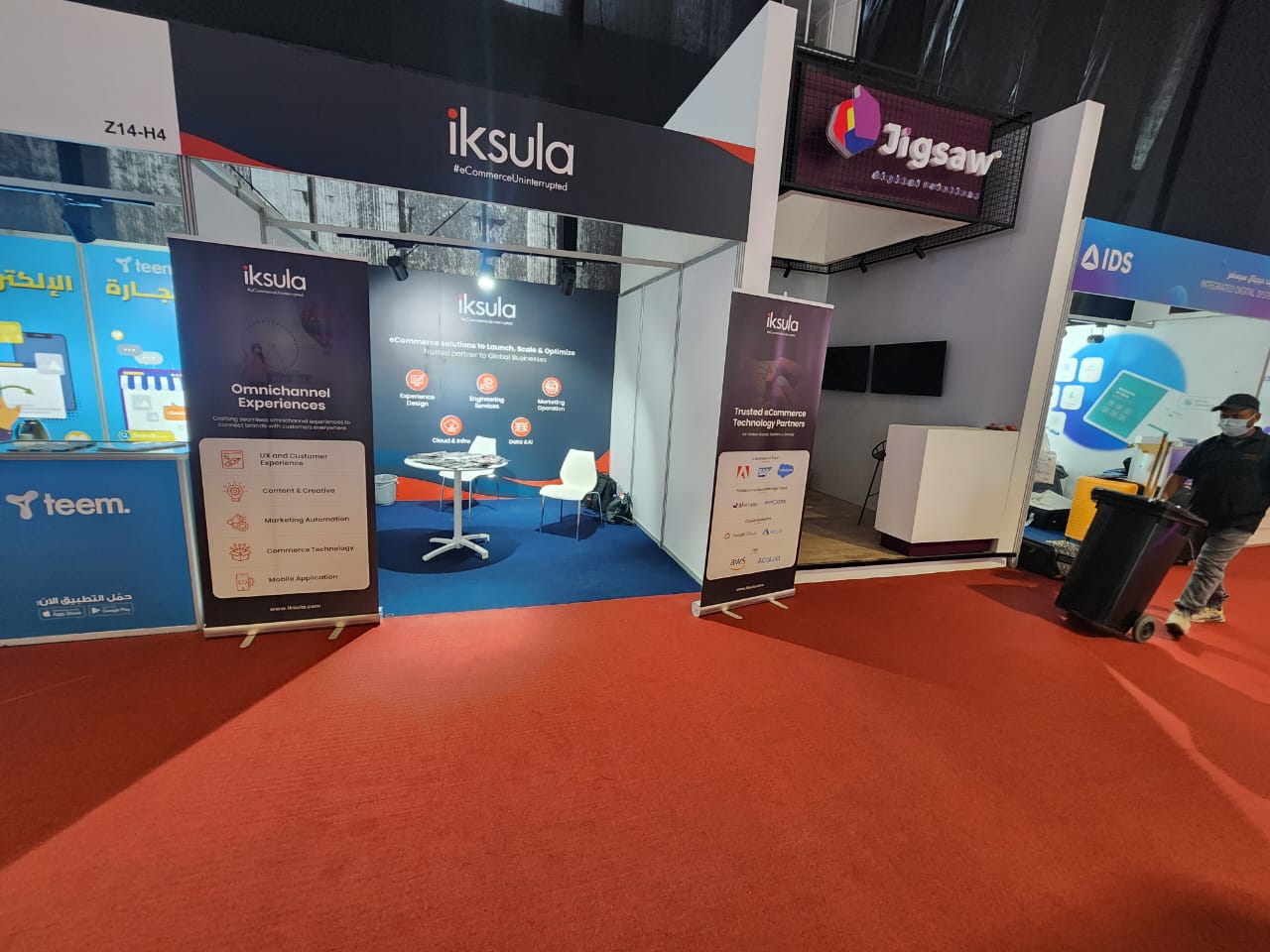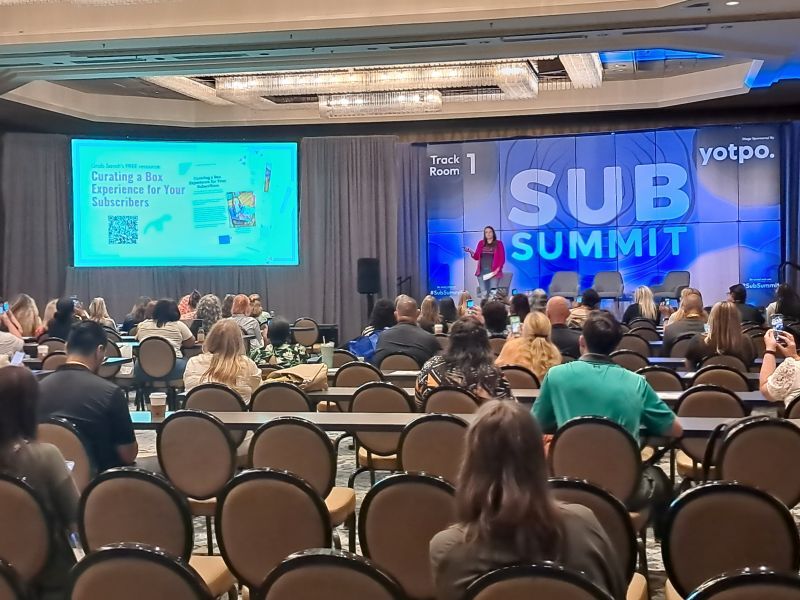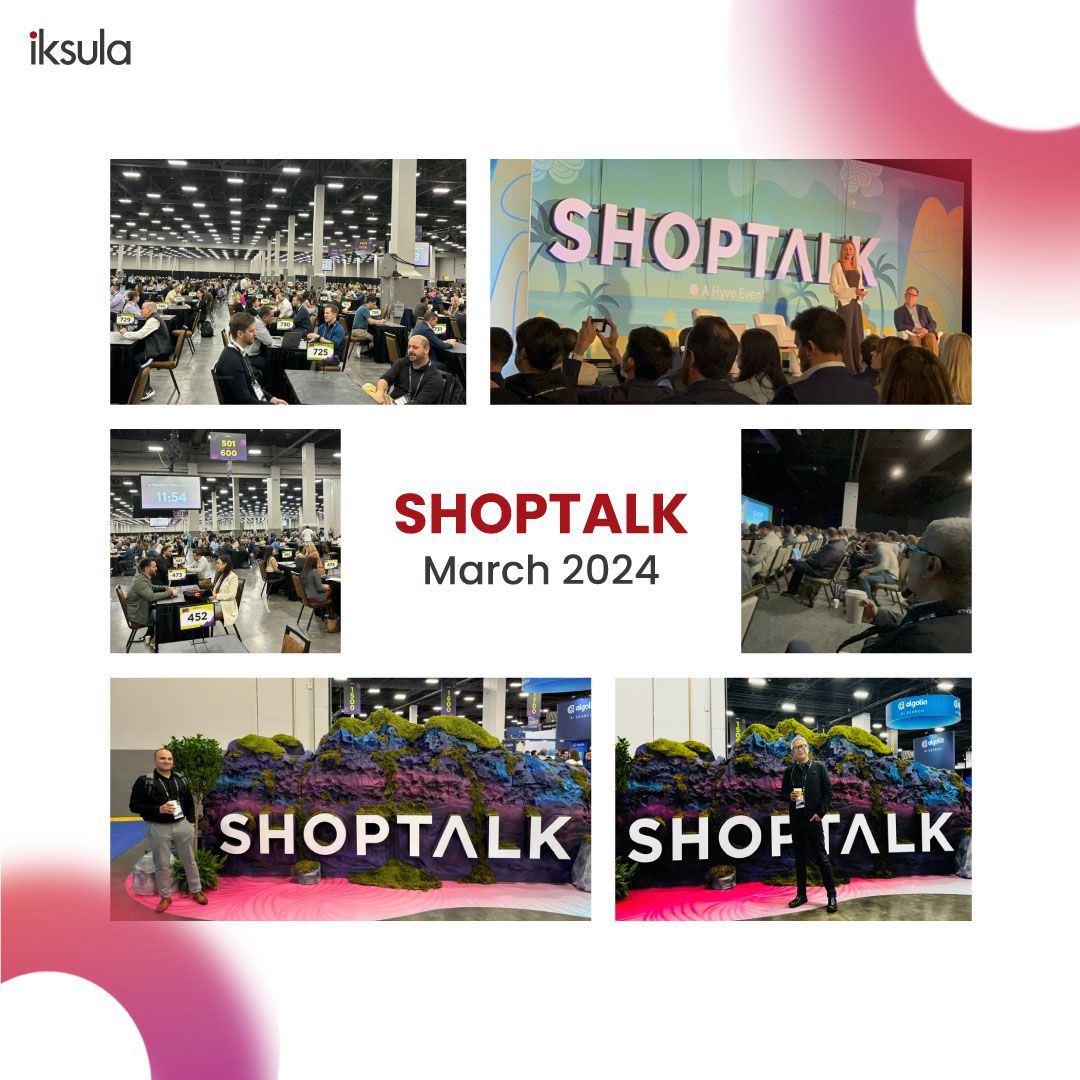In the fast-paced world of eCommerce, consumers expect instant responses, personalized experiences, and seamless transactions. Brands that meet these expectations gain a significant edge—and AI-powered chatbots are becoming the secret weapon to do just that.
AI chatbots in the eCommerce context are virtual agents that use artificial intelligence to interact with customers, answer questions, and guide them through the buying process. Unlike traditional chatbots, which relied on basic rule-based systems and pre-set answers, modern AI chatbots leverage advanced technologies to provide more dynamic and personalized interactions.
Today’s buyers expect instant answers and seamless experiences at every stage of the funnel. Conversational AI enables these chatbots to understand complex queries, simulate human-like conversations, and deliver more natural, dynamic interactions that meet modern customer expectations.
By actively engaging customers from their first visit through to post-purchase interactions, AI chatbots play a pivotal role in accelerating the eCommerce sales funnel and driving conversions.
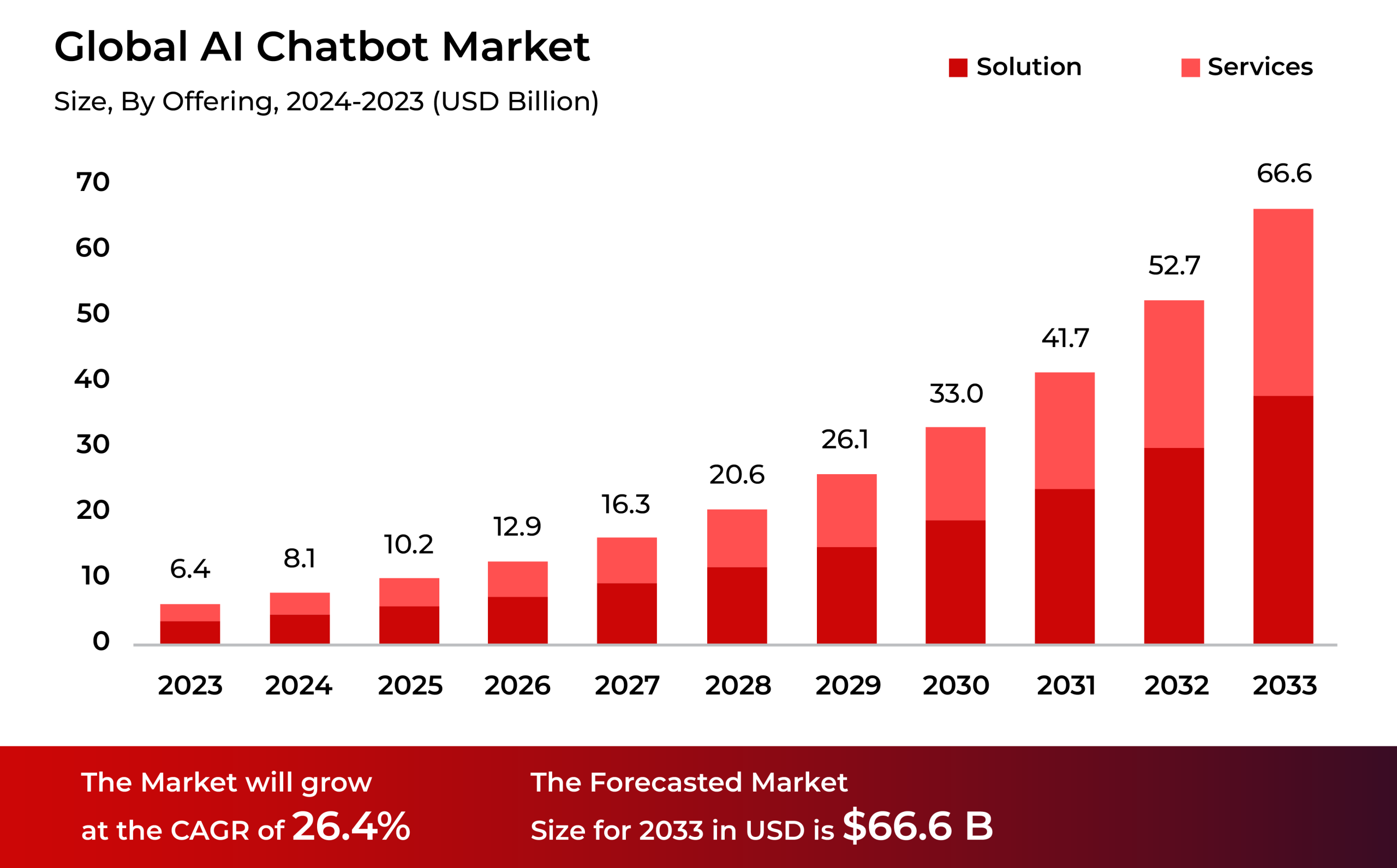
Understanding the eCommerce Sales Funnel
To understand how chatbots enhance the customer journey, let’s quickly revisit the stages of a typical eCommerce sales funnel:
- Top of Funnel (Awareness): The user is just browsing and exploring options.
- Middle of Funnel (Consideration): The user is comparing products, reading reviews, and weighing choices.
- Bottom of Funnel (Decision): The user is ready to buy, but may need help with logistics or incentives.
- Post-Purchase: The relationship continues—support, engagement, and loyalty are built.
AI chatbots can play a role at each stage of the eCommerce sales funnel by engaging customers across multiple channels such as websites, messaging apps, and social media. By leveraging conversational interfaces, these chatbots enable seamless interactions with users throughout the sales funnel, enhancing engagement and guiding customers toward conversion.
Top of Funnel: Instant Engagement & Lead Capture
The moment a visitor lands on your website, time is of the essence. AI chatbots can trigger personalized welcome messages based on entry pages, geography, or source (e.g., paid ad vs. organic search). For example:
- Greeting returning users by name
- Prompting product discovery based on past behavior
- Collecting email/phone numbers through subtle lead capture flows
This instant engagement reduces bounce rates and creates a personalized journey from the start.
Middle of Funnel: Smart Recommendations & Product Comparisons
Chatbots assist users in comparing products or navigating categories. By leveraging AI to understand user inputs and preferences, they enable personalized interactions that enhance customer engagement and satisfaction. In the consideration stage, users are actively evaluating options. AI chatbots act like a virtual shopping assistant by:
- Asking intelligent questions (“What are you looking for today?”)
- Providing tailored product recommendations based on preferences.
- Offering comparison summaries (e.g., “Here’s how these two items differ…”)
- Showing real-time inventory status, pricing updates, and even customer reviews.
- NLP-driven queries like “show me something under $50 with free shipping,” powered by large language models, deliver advanced, contextually relevant recommendations.
This simplifies the decision-making process, keeps the user engaged, and nudges them toward a confident purchase.
Bottom of Funnel: Conversion Support That Closes the Sale
When a user is ready to buy, even the smallest friction can lead to cart abandonment. AI chatbots are crucial in minimizing this by:
- Answering last-minute queries on return policy, shipping time, coupon codes, etc. AI chatbots can deliver accurate responses to customer inquiries, helping to answer questions and provide accurate answers that support conversion.
- Applying available coupons or upselling complementary products.
- Guiding users through checkout directly within the chat.
- Re-engaging users who show exit intent or idle behavior.
With AI chat-to-cart or chat-to-checkout capabilities, users don’t need to leave the conversation to complete their purchase.
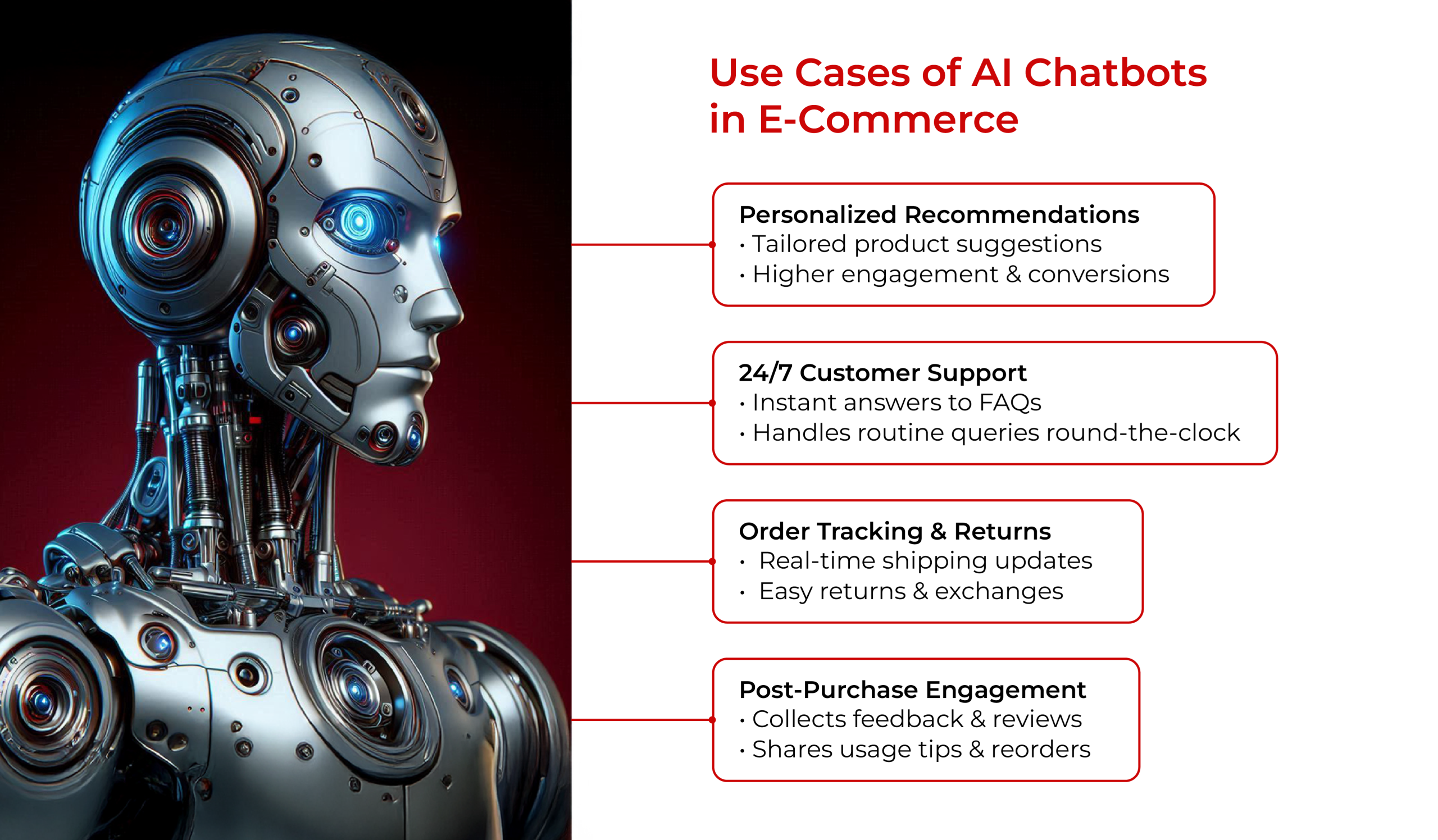
Post-Purchase: Building Loyalty Through Automation
The journey doesn’t end with a successful transaction. Post-purchase support builds long-term customer loyalty, and AI chatbots can:
- Provide real-time order tracking.
- Automate returns and exchanges.
- Collect product feedback and reviews.
- Offer re-engagement messages, such as “It’s time to reorder” or “You might also like…”
This continuous loop of value delivery strengthens brand trust and encourages repeat purchases.
Real Results: Key Metrics AI Chatbots Influence
AI chatbots can positively impact nearly every critical KPI in eCommerce, such as:
✅ Conversion Rate Uplift: Higher sales due to real-time assistance
✅ Reduced Cart Abandonment: Proactive interventions lower drop-offs
✅ Faster Query Resolution: Instant replies reduce support load
✅ Higher Customer Satisfaction (CSAT): Smooth, human-like experience
✅ Lead Qualification: Automated segmentation for retargeting
The Future of AI Chatbots in eCommerce
The future of AI chatbots in eCommerce is set to be transformative, with rapid advancements in AI technology paving the way for even more powerful and intuitive chatbot solutions. As generative AI chatbots become more sophisticated, they will be able to handle increasingly complex queries and deliver highly personalized recommendations, creating richer and more engaging customer experiences.
AI chatbot software is evolving to simulate human-like conversation with greater accuracy, enabling businesses to build deeper connections with their customers. The next generation of AI chatbots will not only understand the words customers use but also interpret emotions and intent, making every interaction feel more natural and meaningful.
Looking ahead, the integration of AI chatbots with emerging technologies such as virtual reality and augmented reality will open up new possibilities for customer engagement. These innovations will allow businesses to create immersive shopping experiences and provide support in ways that were previously unimaginable.
By investing in the best AI chatbot software and staying at the forefront of AI technology, eCommerce businesses can ensure they meet rising customer expectations, drive higher engagement, and boost revenue. As artificial intelligence chatbots become a standard part of the digital shopping journey, those who embrace these tools will be well-positioned to lead in a competitive marketplace.
Platform Integration and Scalability
Modern AI chatbots easily integrate with eCommerce platforms like Shopify, Magento, BigCommerce, and headless commerce systems. They also connect seamlessly with CRM and marketing automation tools such as Zoho CRM, HubSpot, or Salesforce, enabling unified data flows and personalized campaign triggers.
At Iksula, we help eCommerce businesses implement AI chatbots that are not just reactive but proactive—anticipating customer needs and enhancing every interaction.
Conclusion
- AI chatbots help move users faster and smarter through the funnel.
- In a landscape where timing and personalization win, AI chatbots are not just support agents — they’re your silent salespeople.

















